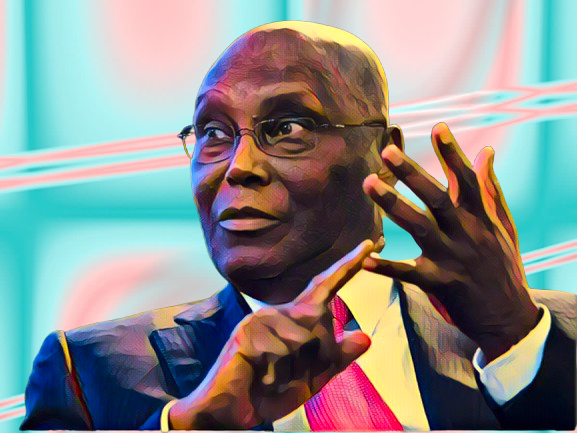In a striking development reported by ARISENEWS on February 20, 2024, allegations have surfaced accusing the government led by President Tinubu of clandestinely reintroducing petrol subsidies, a move that has sparked controversy and raised questions about the administration’s transparency and handling of public funds. According to Phrank Shaibu, the Special Assistant on Public Communication to former Vice-President Atiku Abubakar, the silence of the federal government in the face of reports suggesting the resurgence of petrol subsidies is indicative of funds being diverted into private coffers.
Shaibu’s allegations come in the wake of observations by the International Monetary Fund (IMF) that the Nigerian government has resumed petrol subsidy payments, with monthly disbursements nearing the N1 trillion mark, surpassing the expenditure during President Muhammadu Buhari’s tenure. This revelation has led to speculation about the Nigerian National Petroleum Company Limited’s (NNPCL) financial practices, particularly its failure to deposit the expected sums into government accounts, hinting at a possible opaque and secretive subsidy regime.
President Tinubu, who had previously prided himself on eliminating the petrol subsidy, is now faced with accusations of hypocrisy and deceit. Despite assurances given on international platforms such as the NASDAQ in New York, the stark disparity between the prices of diesel and petrol in Nigeria suggests otherwise. The price of diesel has soared above N1,200 while petrol remains between N600 and N700, a situation unparalleled globally and strongly indicative of a subsidy’s return.
The re-emergence of the petrol subsidy, according to Shaibu, has resulted in the NNPCL becoming the sole importer of petrol, with a bold stance on maintaining petrol prices irrespective of global crude oil prices and exchange rates. This development raises concerns about transparency and the potential for corruption, especially given former CBN Governor Lamido Sanusi’s shock at the NNPCL’s failure to remit foreign exchange earnings into government accounts.
Moreover, Shaibu criticizes the economic strategies of the Tinubu administration, particularly its alleged obstruction of the Dangote refinery’s operations, which could alleviate Nigeria’s foreign exchange demands. The delay in regulatory approvals for the refinery and the NNPCL’s questionable commitments further underscore the administration’s questionable economic policies.
As the narrative unfolds, the allegations leveled by Atiku’s aide paint a grim picture of a government potentially engaged in corrupt practices under the guise of petrol subsidy management. This situation not only threatens the integrity of President Tinubu’s administration but also highlights the challenges facing Nigeria’s economic management and the urgent need for transparency and accountability in the handling of public resources.



